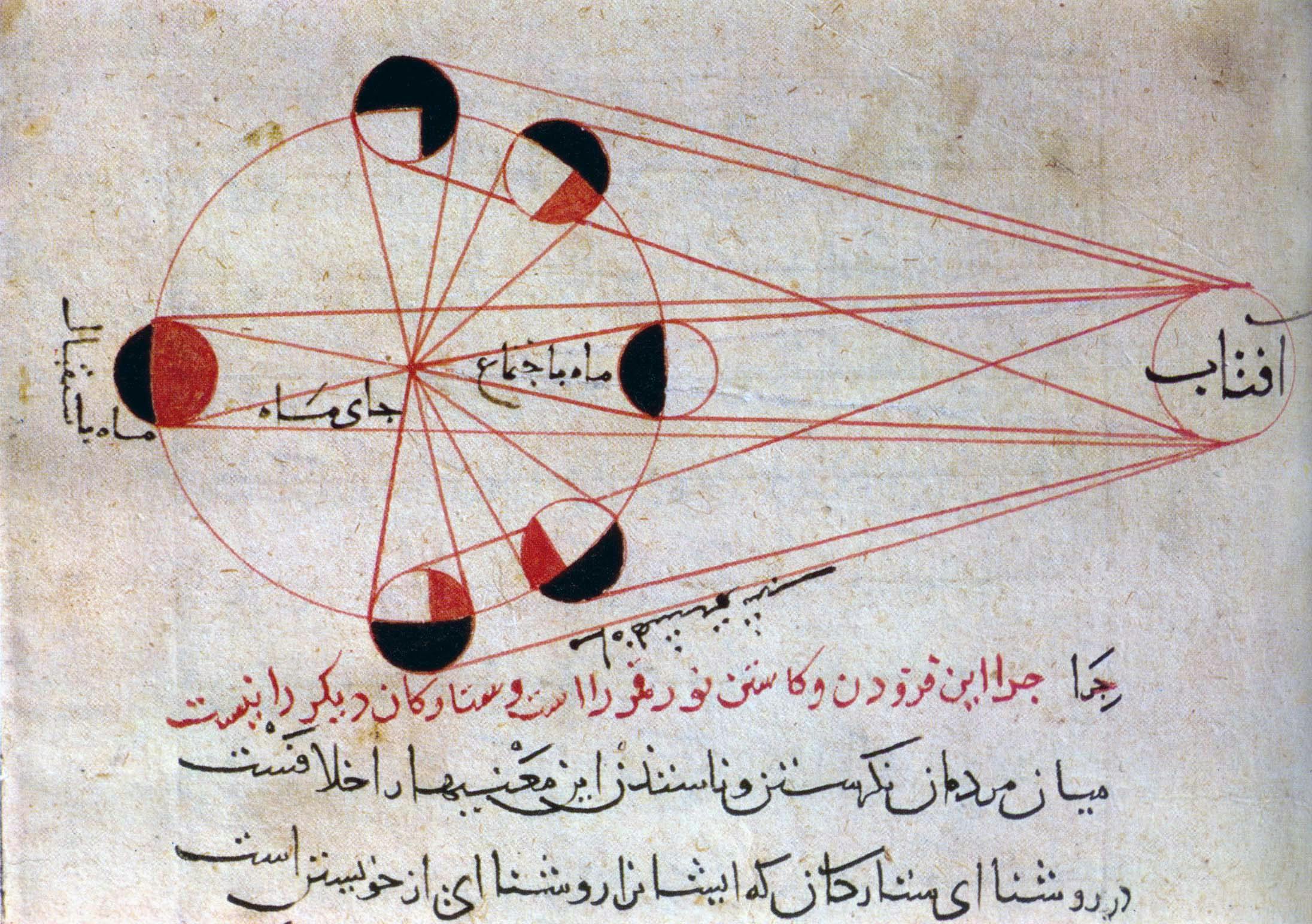As an assignment, I was to write a review of the movie Lawrence of Arabia. Part
of the such review included, of course, a comment on the Arab Revolt, which I
think might be relevant to share. In any case, for the relevant parts, here we
go:
The status of the Arab Revolt is complex, especially when considered by an
Arab. While on the one hand, the Arab Revolt signifies a rebirth of the Arabs,
in which attempts for independence re-emerge, and in which the yearning to
greatness after years of dormancy is rekindled. In that respect, there is a
big chance that Sherif Hussein’s correspondence with the British to secure an
independent Arab future lead to the existence of the modern Arab states. One
the other hand, however, while the Arab Revolt might signify the birth of
Independent Arab entities, it also embodies some sort of death; a more serious
Arab decline.
The deep involvement of the British with the Arab Revolt, as well as the
Hashemite-British alliance have given leverage to Britain over the Arabs and
allowed it to secure an autocratic role in handling the remains of the Ottoman
Empire after its dissolution. The Arab Revolt, instead of resulting in the
Birth of a unified and independent Arab state in the Arab regions of the
Ottoman Empire, lead to the partitioning of the entire empire, the creation of
artificial nation states, often with imported regents or rulers, the birth of
the Palestine Question and the greater Arab-Israeli Conflict, the continued
‘colonization’ of the fragmented Arab states as a weak periphery ever
supporting the west.
This complex two-sidedness of the Arab Revolt makes it particularly hard,
especially for an Arab, to determine one’s views towards it. While an Arab
might owe it to the revolt to still call oneself ‘an Arab’, its long term
political failure means that an Arab also owes it to the revolt that he
probably is, with an increased probability, regretful of being ‘an Arab’.
Read more → Hussein After Karameh BattlePublic Domain
Hussein After Karameh BattlePublic Domain Lunar Eclipse diagram by al-Biruni
Lunar Eclipse diagram by al-Biruni